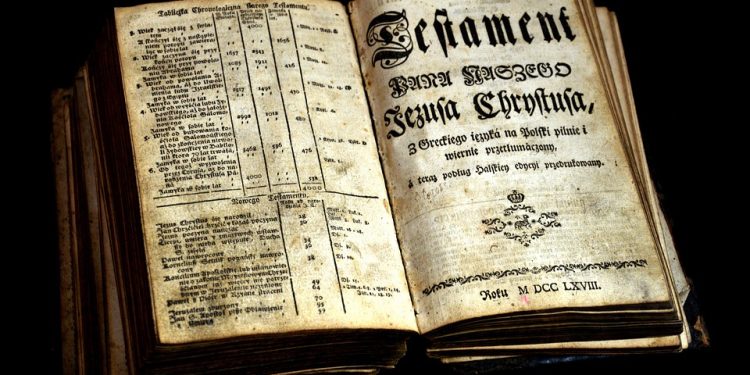The New Testament is a central and revered text for Christians around the world. It contains the teachings and stories of Jesus Christ, as well as the writings of his apostles and followers. However, the New Testament is often the subject of misconceptions and myths that have been perpetuated over time. In this article, we will take a closer look at some of these misconceptions and debunk them with sound historical and scholarly evidence.
Myth 1: The New Testament was written by the apostles themselves
One common misconception about the New Testament is that it was written by the apostles themselves. In reality, the authors of the New Testament books are not always known, and many scholars believe that some of the books were not written by the apostles at all. For example, the author of the Gospel of Matthew is not identified in the text, and it is likely that the book was written by a later follower of Jesus. Similarly, the letters attributed to Paul were likely written by his followers or disciples.
Myth 2: The New Testament was written in one language
Another misconception is that the New Testament was originally written in one language, such as Greek. While the majority of the New Testament was indeed written in Greek, there are also some passages that were written in Aramaic, the language spoken by Jesus and his disciples. The Gospel of Matthew, for example, contains some Aramaic phrases and words that were likely preserved from the original spoken language of Jesus.
Myth 3: The New Testament has been passed down through the centuries with no changes
Some people believe that the New Testament has been passed down through the centuries with no changes or alterations. However, this is not the case. In fact, the New Testament has gone through a process of transmission and translation over the centuries, leading to variations in the text. Scholars have identified numerous discrepancies and differences in the ancient manuscripts of the New Testament, and they continue to work to determine the most accurate and reliable versions of the text.
Myth 4: The New Testament is historically accurate
While the New Testament contains historical accounts of the life and teachings of Jesus, it is important to approach these accounts with a critical eye. The New Testament was written by individuals who were deeply devoted to Jesus and his message, and their writings were shaped by their beliefs and perspectives. Additionally, the New Testament was composed several decades after the events it describes, and the authors relied on oral traditions and earlier written sources. As a result, the historical accuracy of the New Testament is a subject of ongoing debate among scholars.
In conclusion, the New Testament is a complex and multifaceted text that has been the subject of misconceptions and myths. By critically examining the historical and scholarly evidence, we can challenge and debunk these misconceptions, gaining a deeper and more nuanced understanding of this foundational Christian text. It is important to approach the New Testament with an open mind and a willingness to engage with the complexities of its origins and transmission.









Discussion about this post